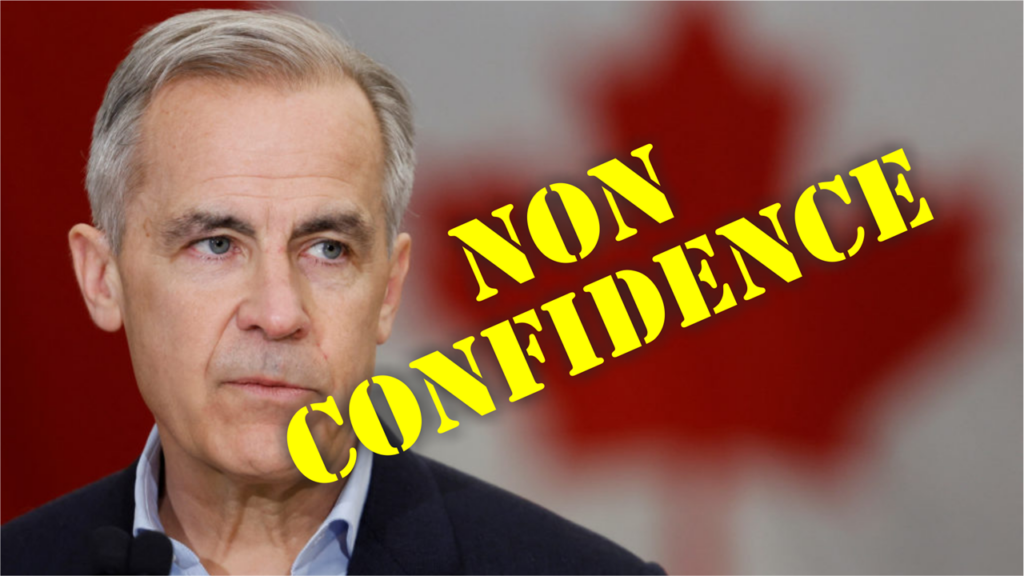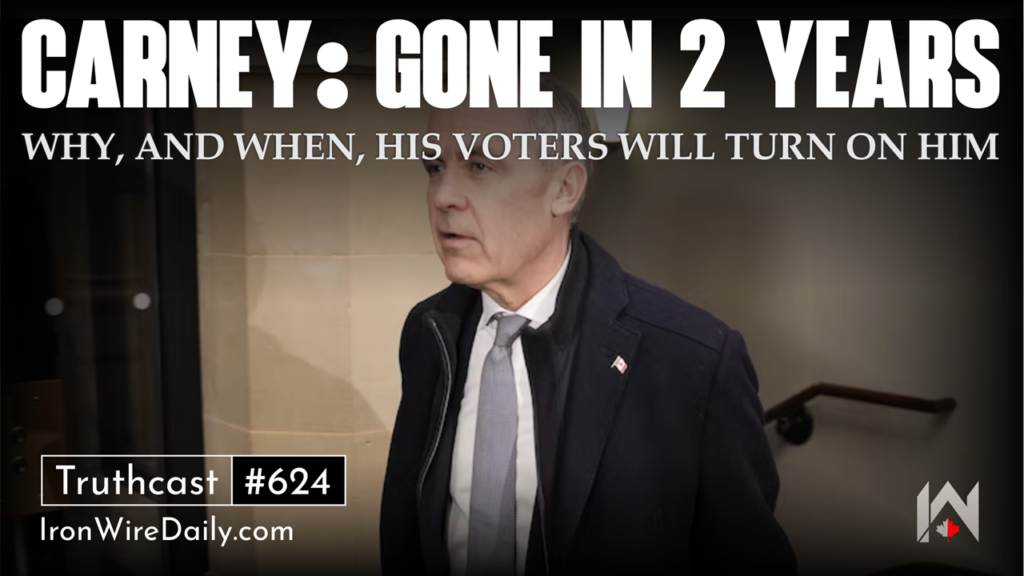How Mark Carney and Donald Trump could find common ground
Jessica Murphy
BBC News, Toronto
The victory-party din for Mark Carney and his Liberal Party had only just faded when Donald Trump chimed in with a less than ringing endorsement of the winners.
“It was the one that hated Trump, I think, the least that won,” the US president said on Wednesday of Carney, whose party had just retained power by winning a near outright majority of the seats in Canada’s general election.
The Canadian prime minister may accept being the lesser of two evils in Trump’s mind, however. The US president also said that he thinks the former Bank of England governor “couldn’t have been nicer” in the first post-election phone conversation.
The two men are expected to meet at the White House sometime within the next week.
For Trump, politics is often personal. The president’s affinity for Vladimir Putin colours US relations with Russia, for instance. His respect for Xi Jinping has kept US-China relations on a relatively even keel even as the two nations are engaging in an extended trade war.
Canada, on the other hand, has spent an extended time on the other end of this equation. Trump’s distaste for former Prime Minister Justin Trudeau was palpable practically from the US president’s first day in office in 2017.
Their lengthy, aggressive handshake during their first in-person visit just a few weeks after Trump’s inauguration foreshadowed what would be a long and trying relationship.
It was punctuated by passive-aggressive jabs, snide comments and, upon Trump’s return to the White House, the president’s derisive reference to “Governor Trudeau” and repeated talk of turning Canada into America’s “cherished 51st state”.
Trump’s annexation talk continued even after Trudeau was replaced by Carney, but the temperature has seemed to drop somewhat, as the smooth international banker with a Harvard and Oxford pedigree replaced the younger, boyishly good looking Trudeau.
Trump, while he likes to rail against global elites, is drawn to Ivy League backgrounds and accumulated wealth, which Carney has in spades. And Carney has another attribute Trump tends to value – he’s now a winner.
Even if he owes some of his victory to Trump’s (negative) influence, the Liberal leader did engineer a remarkable reversal of fortune for his party when the outlook appeared gloomy just a few months before.
Carney and Trump are still a study in contrasts, something that presents risk for the former as their first meeting looms. The Canadian is measured, controlled and organised. Trump is impulsive and unpredictable. Both can be impatient at times, with little tolerance for the trivialities of modern politics.
There were reports that Trump brought up annexation during his first conversation with Carney after he became prime minister, but the Canadian leader kept that to himself and word only leaked weeks later – a characteristically cool response that may offer a hint of how he will handle Trump’s bluster.
Paul Samson, president of the Centre of International Governance Innovation who has held various senior positions in Canadian government over 30 years, has seen Carney in action first-hand.
He tells the BBC that the new Canadian prime minister will likely use a mix of “economic knowledge, strategy and personal diplomacy” to get on Trump’s good side.
“Carney likes to get things done,” Mr Samson said. He is also calm, easy going and could connect with Trump on a personal level. “But he certainly does not want to come across as subservient.”
If Carney heads into his first full term in office with a somewhat cleaner slate in dealing with the US president, it will still be a precarious situation.
While Canada has won a reprieve from some of the most onerous tariffs Trump initially announced on his nation, the clock is ticking – and striking some kind of settlement with the Americans will be no easy task.
“We will have a partnership on our terms,” Carney told the BBC on Tuesday. “I would distinguish between what the president wants and what he expects.”
Carney went on to say that Trump’s “territorial views” on his country are “never, ever going to happen”. It was a familiar message, one he delivered repeatedly on the campaign trail and in his election night victory speech.
“America wants our land, our resources, our water, our country,” he said on Monday. “But these are not idle threats. President Trump is trying to break us so that America can own us.”
Carney’s rejection of an American takeover of Canada may not be enough to satisfy the US president, however. And it may not be possible for Carney and the Canadians to determine exactly what it is that Trump expects, either.
He has said Canada must do more to limit undocumented migration into the US, which is low, and cross-border fentanyl drug trafficking, which is minimal. He has also inflated the US-Canada trade deficit and said that the nation is “ripping off” America. Given the population disparity between the two nations and Canada’s vast natural resources, a balanced trade ledger between the two could be an unreachable ask.
Whatever Trump and the Americans ultimately want, the US, as Canada’s largest export market, has considerable power over its northern neighbour should it wish to exercise it. But, as Carney noted in his talk with the BBC, Canada isn’t powerless either.
“We are the biggest client for more than 40 states,” he said. “We supply them with vital energy, conventional energy and potentially could supply them with critical minerals.”
He also said Canada could look to “like-minded countries” for more reliable trading partners, such as the UK or the EU, cutting the US out of the equation.
Doing so, however, would be abandoning a long and reliable partnership with the US, one that had been based on shared ideals as well as shared geography.
Trump’s first 100 days back in the White House has called all of that into question, however.
It’s a rift that seems unlikely to be fully mended, no matter how well Trump and Carney hit it off when they sit down in person to talk.
Additional reporting by Nadine Yousif in Toronto.
Follow the twists and turns of Trump’s second term with North America correspondent Anthony Zurcher’s weekly US Politics Unspun newsletter. Readers in the UK can sign up here. Those outside the UK can sign up here.











